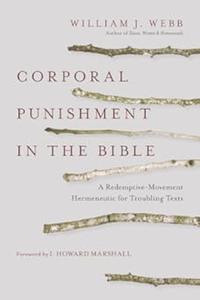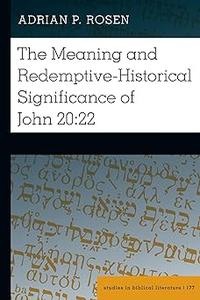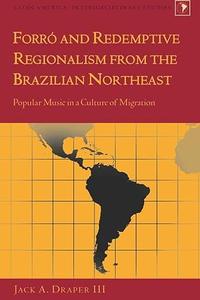
Free Download William J. Webb, "Corporal Punishment in the Bible: A Redemptive-Movement Hermeneutic for Troubling Texts"
English | 2011 | ISBN: 0830827617 | EPUB | pages: 192 | 0.6 mb
William Webb confronts those often avoided biblical passages that call for the corporal punishment of children, slaves and wrongdoers. How should we understand and apply them today? Are we obligated to replicate those injunctions today? Or does the proper interpretation of them point in a different direction? Webb notes that most of the Christian church is at best inconsistent in its application of these texts. But is there a legitimate basis for these lapses? Building on the findings of his previous work, Slaves, Women and Homosexuals, Webb argues that the proper interpretation and application of these texts requires ascertaining their meaning within the ancient cultural/historical context. In recognizing the sweep of God’s redemptive purposes already evident in the Old Testament and fulfilled in the New, we remain truly biblical.

